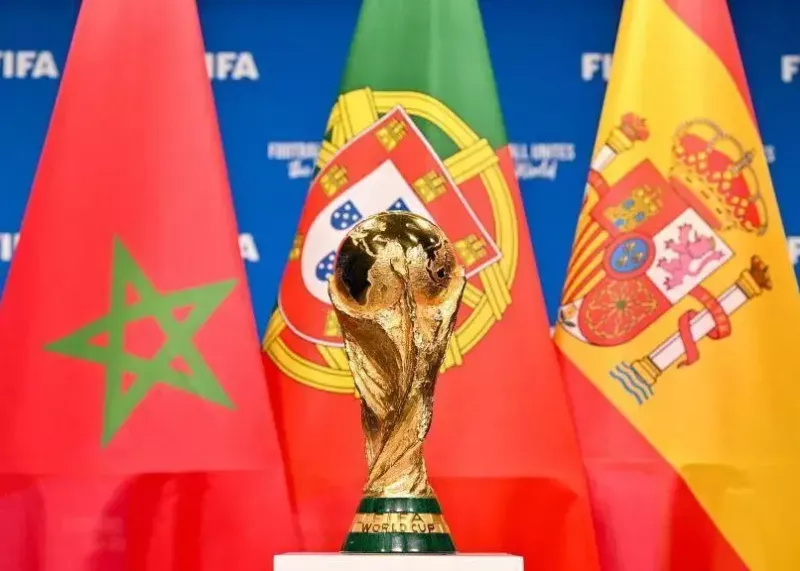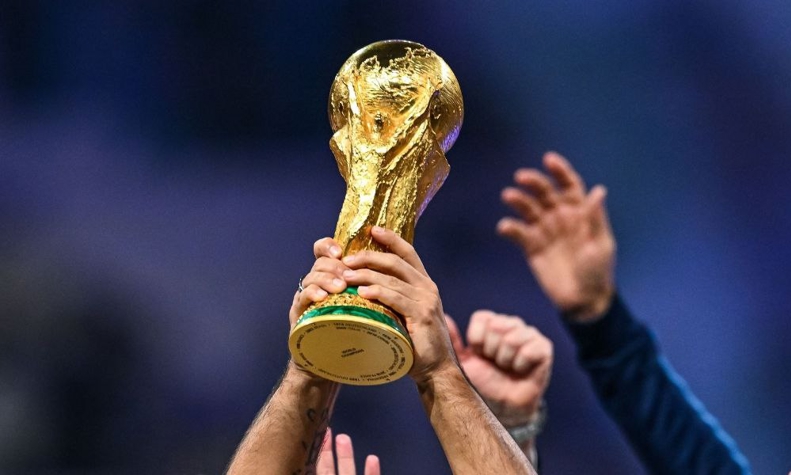2030 World Cup: FIFA Concerned About Corruption and Mismanagement in Spain!
The joint bid of Spain, Portugal, and Morocco to host the 2030 World Cup faces serious challenges due to allegations of corruption and mismanagement in Spanish football.

According to reports, the future of the 2030 World Cup in Spain, Portugal, and Morocco is under serious doubt. Reliable sources indicate that many football leaders have lost patience with the ongoing issues.
Since March 2024, multiple incidents have put Spanish football at risk. The lack of transparency and ambiguities in the host city selection process have raised alarms for FIFA and other international bodies.
Currently, the selected host cities for the 2030 World Cup, including San Sebastián and Vigo, cannot be confirmed due to ongoing controversies.
FIFA’s Authority to Revise Decisions
FIFA, as the governing body of the World Cup, has reserved the right to intervene and modify decisions made by the organizing committee, following the experience of the 2022 Qatar World Cup.
In the coming weeks, FIFA will closely review the hosting conditions for the 2030 World Cup. All events related to city selection, stadium conditions, and infrastructure will be objectively evaluated. This issue gained further importance after a recent report by El Mundo.

FIFA typically conducts reviews closer to the tournament dates. For example, the host cities for the 2026 World Cup final were announced about a year before the event. However, recent events have prompted FIFA to accelerate its review process.
Trust in Spanish football has been damaged, especially after leaked documents and confirmed recordings of meetings.
A Year of Turmoil for Spanish Football
The controversies surrounding the 2030 World Cup bid are not the only challenges facing Spanish football.
A year ago, when the Civil Guard raided the Spanish national team’s training camp ahead of a friendly match against Colombia, a series of unfortunate events began. Investigations into the “Brody” corruption case, involving former Spanish Football Federation (RFEF) president Luis Rubiales, raised serious questions about the federation’s operations.
Subsequently, conflicts between the Supreme Sports Council (CSD) and interim RFEF president Pedro Rocha over resignations and elections added to Spanish football’s woes. Rocha, as the federation’s financial director, was questioned in the “Brody” case.
During the “Brody” case investigations, Rocha was barred from running in the RFEF elections after Euro 2024, and Rafael Lozano was legally elected as the current RFEF president.
Meanwhile, UEFA and FIFA officials reminded the Spanish government that political interference in football federations is unacceptable.
The formation of a monitoring committee for Spanish football by the CSD was also met with disapproval from UEFA, which did not recognize the committee during Euro 2024.
This committee attended some oversight meetings for the 2030 World Cup but had no decision-making authority regarding host city evaluations. That responsibility remained with the 2030 World Cup Committee. The CSD had submitted bids for 13 cities, including Vigo and Valencia.
In recent weeks, two major incidents caught FIFA’s attention. The first was the potential withdrawal of Atlético Madrid and the Metropolitano Stadium from hosting the 2030 World Cup.
The Metropolitano was a symbolic venue in the 2030 bid, and its withdrawal is unjustifiable. However, this issue pales in comparison to the lack of clear criteria for evaluating host cities.
FIFA’s review aims not to restart the selection process but to clarify ambiguities and ensure transparency. After the review, FIFA will make necessary decisions, including potential changes to host cities. The future of Spain’s role in hosting the 2030 World Cup remains uncertain.